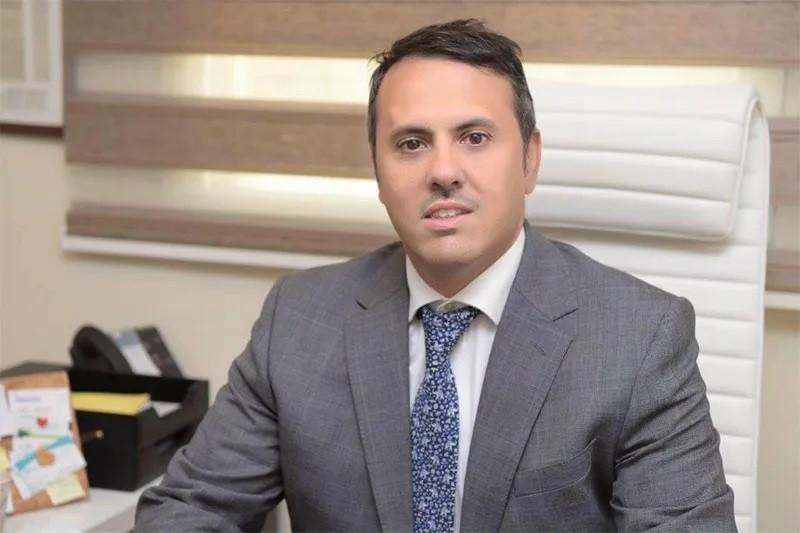26/11/2023
26/11/2023
KUWAIT CITY, Nov 26, (Agencies): In a noteworthy revelation at the 16th conference of the Kuwaiti Urology Association, Dr. Muhammad Al-Ghanim, Head of the Urology Unit at Jaber Armed Forces Hospital, emphasized that a staggering 85% of men over the age of fifty suffer from prostate enlargement. Al-Ghanim underscored that the risk of contracting this condition rises with age, reaching a potential 90% after the age of seventy.

The proclamation came during his participation in the conference, a collaborative effort between the Kuwaiti Urology Association and the Arab Association, hosting its twentieth conference in the State of Kuwait. Dr. Al-Ghanim shared insights from a workshop on scientific solutions utilizing lasers for prostate treatment, attended by specialist doctors from the United Kingdom. The workshop delved into the latest surgical techniques, encompassing laser procedures and fumigation therapy, both readily available in Kuwait.
Addressing the complications associated with prostate enlargement, Dr. Al-Ghanim categorized them into urinary symptoms, infections, and pain during urination. Among the urinary symptoms are weak urine flow, interrupted urine, and increased frequency, often leading to urinary retention. The risks extend to weak bladder muscles, contributing to permanent retention and the formation of urinary bladder stones. In severe cases, kidney failure may result from prolonged urinary retention.
Regarding treatment options, Dr. Al-Ghanim outlined conservative, medicinal, and surgical approaches, emphasizing the importance of a thorough assessment by the treating physician based on the individual's medical history. Diagnostic measures include ultrasound of the prostate and urinary bladder, along with kidney and urine function tests to rule out infections.
In addition to prostate-related discussions, Dr. Al-Ghanim actively participated in a session addressing sexual impotence, exploring the latest operations and therapeutic methods. He highlighted the multifaceted factors contributing to sexual impotence, including aging and associated diseases such as heart disease, high blood pressure, irregular blood sugar, and smoking, as well as trauma-related cases like accidents.
In conclusion, Dr. Al-Ghanim expressed gratitude to the Urology Association for organizing the informative scientific conference, providing a platform for the exchange of knowledge and the refinement of experiences in the field.


